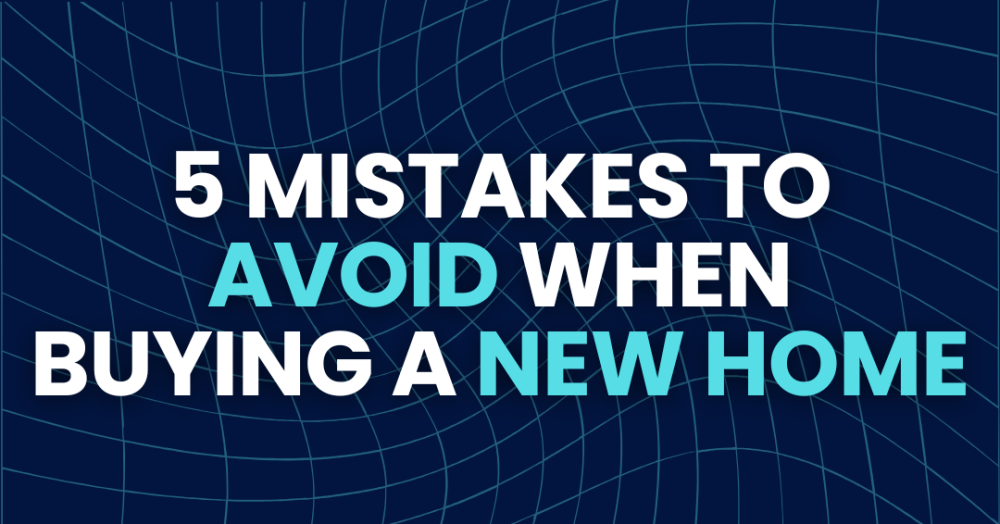Buying a new home is one of the most significant financial decisions you’ll ever make. While it’s an exciting time, it’s also easy to make costly mistakes. To help you navigate the process smoothly, here are the top five mistakes to avoid when purchasing a new home in the UK.
1. Not Getting a Mortgage Agreement in Principle
One of the biggest mistakes buyers make is house-hunting without first securing a Mortgage Agreement in Principle (AIP). An AIP gives you an estimate of how much you can borrow, making you a more attractive buyer to sellers and estate agents. Without it, you could waste time looking at homes outside your budget or miss out on competitive offers.
Tip: Speak to a mortgage advisor early in the process to understand your borrowing power and secure an AIP before viewing properties.
2. Underestimating Additional Costs
Many buyers focus solely on the purchase price and overlook additional costs such as stamp duty, solicitor fees, surveys, moving costs, and home insurance. These extra expenses can add up quickly and put unexpected pressure on your budget.
Tip: Factor in all potential costs and set aside a contingency fund to cover any surprises.
3. Skipping the Property Survey
A common mistake, particularly for first-time buyers, is not arranging a survey before purchasing a property. Even new-build homes can have structural or hidden issues that could cost thousands in repairs.
Tip: Invest in a RICS Home Survey (Level 1, 2, or 3 depending on the property’s age and condition) to uncover potential problems before committing to a purchase.
4. Letting Emotions Take Over
Falling in love with a property can lead to rushed decisions or paying more than it’s worth. Some buyers skip important checks or ignore warning signs because they are emotionally attached to a home.
Tip: Stay objective. Compare similar properties, research market values, and negotiate based on facts rather than emotions.
5. Ignoring the Location and Future Developments
A beautiful home in the wrong area can turn into a regretful purchase. Many buyers focus too much on the house itself and fail to consider factors like local amenities, transport links, crime rates, schools, and future development plans.
Tip: Visit the area at different times of the day, speak to neighbours, and check local council plans to ensure the location meets your long-term needs.
Final Thoughts
Buying a home is a major investment, and avoiding these common mistakes can save you time, money, and stress. By getting a mortgage agreement in principle, budgeting properly, investing in a survey, staying objective, and thoroughly researching the location, you’ll be in a much stronger position to find your perfect home in the UK.
Before making any decisions, consider consulting a property expert to guide you through the process and ensure you make the best choice for your future. Want an award-winning Estate agent to help you make the best decision and find your dream house? Pick up the phone and dial 0121 681 6327!

